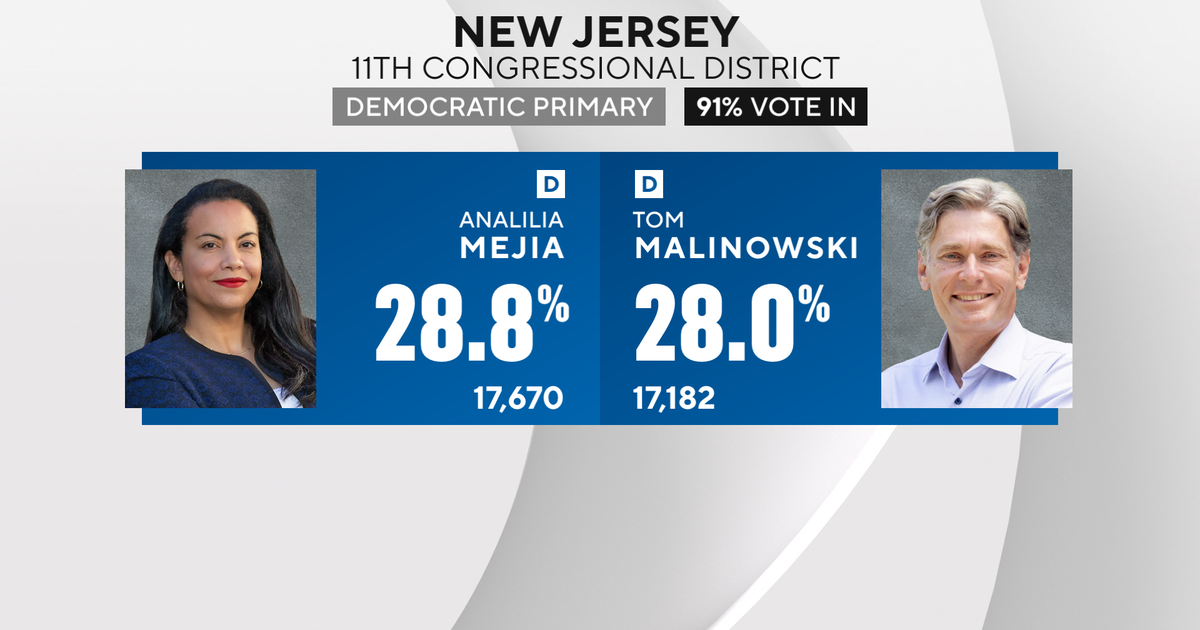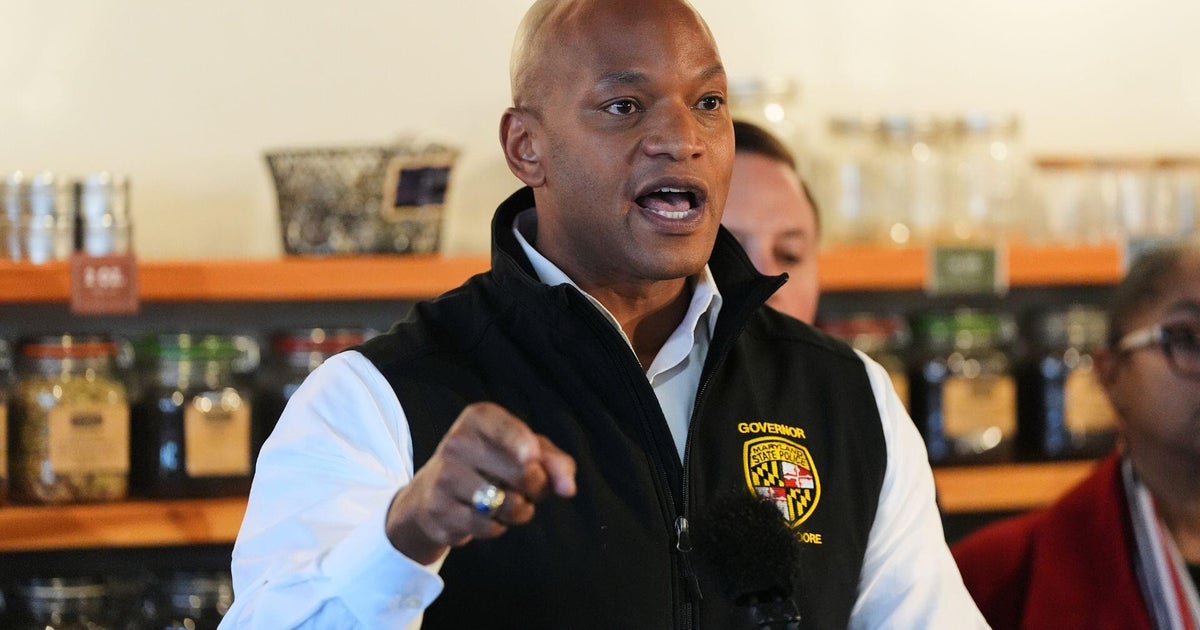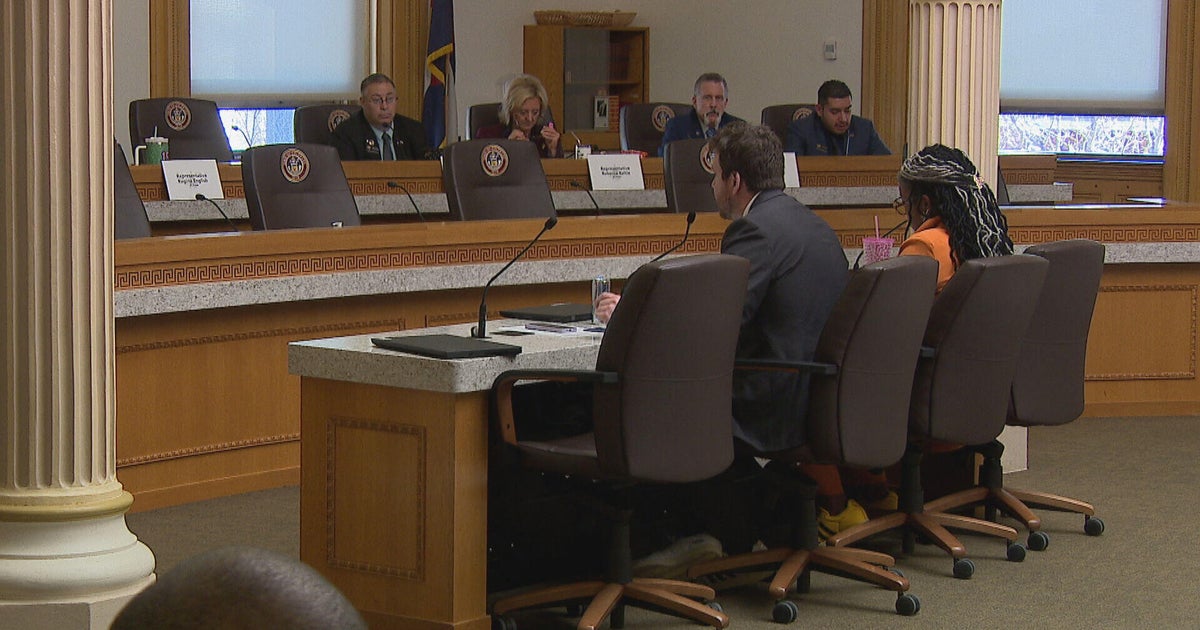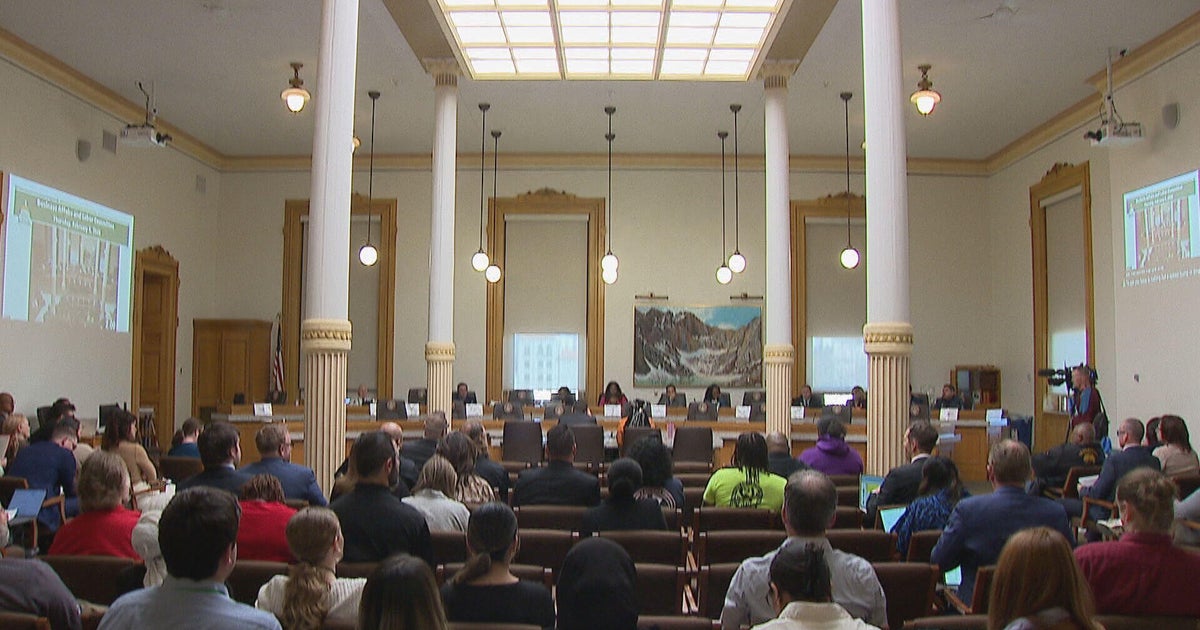Poll: One-Third May Still Switch Candidates
 One in three people has yet to lock onto a choice in the Nov. 2 congressional elections, according to an Associated Press-GfK Poll. Yet in this year of the fed-up voter, even these folks offer little hope to Democrats.
One in three people has yet to lock onto a choice in the Nov. 2 congressional elections, according to an Associated Press-GfK Poll. Yet in this year of the fed-up voter, even these folks offer little hope to Democrats.
Despite record political spending and months of frenzied campaigning, one-third of likely voters remain steadfastly undecided or favor a candidate but say they could change their mind, according to the survey. Such a large group might seem like a mother lode of opportunity for Democrats scuffling to unearth enough votes to prevent a Republican takeover of Congress.
Yet a close look reveals that these people aren't especially friendly to the party that seems all but certain to lose House and Senate seats on Nov. 2.
Forty-five percent of persuadable voters tentatively prefer their district's GOP House candidate while 38 percent pick the Democratic contender - the same 7 percentage point margin Republicans hold with people who have already decided. Compared with voters who have decided on a candidate, those open to change think less of congressional Democrats, are more inclined to oust their incumbent representative and are more pessimistic about the economy, this year's bellwether issue.
"I'm very concerned about the lack of jobs and the lack of livable wages,'' said William McGlumphy, 64, a retired educator from Dover, Del., who's leaning Democratic but is not yet sold. "There's a lot of posturing, but no one has come out with a concrete plan that says, 'This is what I'll do and this is how I'll do it.'''
Late in the 2008 presidential race, which people followed far more closely, just 14 percent were persuadable, according to an AP-Yahoo News poll that October.
Campaign operatives and political scientists say most swayable voters end up reverting to the party they usually support. But with an unusually high number of House and Senate races up for grabs this year - scores of them, analysts say - Democrats and Republicans are vying for every fence-sitting voter they can find.
Local Democratic volunteers around the country have knocked on 3 million doors and made 8 million phone calls since the spring, in part to get undecided people behind the party, said Jennifer Crider, spokeswoman for House Democrats' campaign arm. Republicans are using similar tactics. In North Carolina, where early voting has begun, workers for GOP House challenger Harold Johnson distribute brochures at polling places where high-profile local races for sheriff and district attorney have stirred up interest, said Johnson spokesman Bryan Holladay.
"They're going to decide who controls the House, and by how many seats,'' GOP pollster Glen Bolger said of changeable voters.
Just like those who've made up their minds, persuadable voters consider themselves Republican by modest margins, according to the AP-GfK survey.
Fence-sitters, though, are likelier to be independents - a bad sign for Democrats in a year when independents are leaning toward GOP candidates. Underscoring their distaste for ideology, just 29 percent consider themselves tea party supporters, compared with 41 percent of those who've picked a candidate.
"They don't have strong beliefs,'' said Drew Westen, a psychology professor at Emory University who is writing a book on undecided voters. "If nothing else, they are pragmatists and want to see solutions, and don't care if they come from the right or the left.''
They're also likelier than those who've chosen a candidate to distrust both parties on the economy and other major issues, the poll finds. And about half of them express a lot of interest in this year's campaign, compared with roughly two-thirds of those who've settled on a candidate.
That makes them harder for candidates to find. Campaigns try reaching them by mail or by advertising on popular shows, but have little success using the Internet or ``robocalls'' with computers speaking to voters, consultants say.
"These are voters who are thinking about virtually anything but the races in front of them,'' said Democratic pollster Alan Secrest.
To the degree they are focused on politics, the AP-GfK Poll found little to cheer Democrats.
By 50 percent to 40 percent, persuadable voters want a challenger to defeat their own member of Congress, a danger sign for Congress' majority party. People who've made up their minds are more loyal: They lean toward re-electing their incumbent by 53 percent to 40 percent.
Swayable voters would rather Republicans win control of Congress by a 14 percentage point margin, rather than the 6 points by which those who've made up their minds prefer the GOP. They trust Republicans over Democrats to handle the economy by 17 percentage points, while those who've chosen candidates lean Republican on that issue by just 7 points.
They're less likely than those who have made a choice to approve of congressional Democrats overall. And by 59 percent to 39 percent, they think the country is headed in the wrong direction - the same gloomy margin by which those who've picked a candidate say so.
"I want to vote for you because you have an open mind and will vote for my best interests and not the best interests of your party,'' said Pamela Trowbridge, 56, of Houma, La.
The AP-GfK Poll was conducted Oct. 13-18 by GfK Roper Public Affairs & Corporate Communications and included cell phone and landline interviews with 846 randomly chosen adults considered to be likely voters, including 278 described as persuadable. The margin of sampling error is plus or minus 4.4 percentage points for all likely voters and 7.7 points for persuadable likely voters.
Copyright 2010 by The Associated Press. All Rights Reserved.







